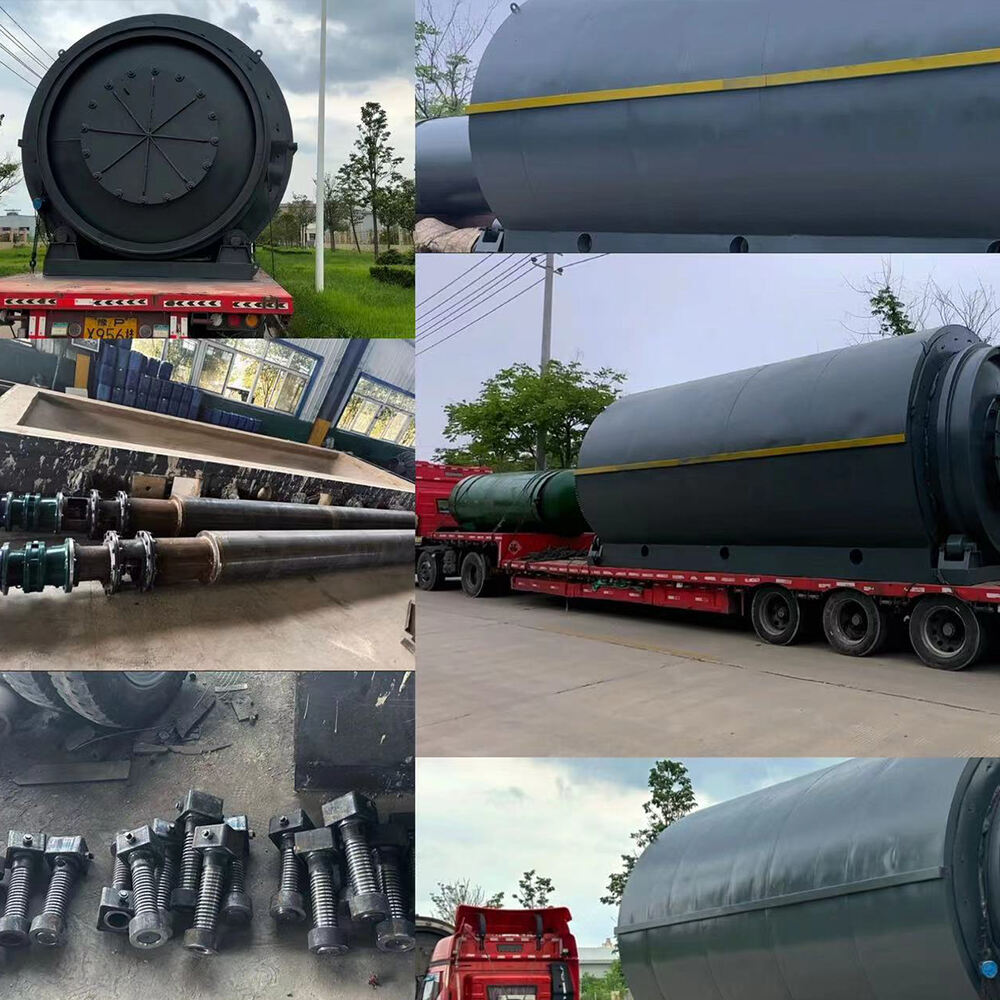Understanding Recycling Household Waste
More and more families are realizing how important proper waste management has become at home, especially since we're producing so much trash these days and landfills just can't keep up anymore. According to numbers from the World Bank, people around the world generate over 2 billion metric tons of garbage every year. That's putting serious pressure on our entire waste disposal system. With all this extra garbage piling up, there really isn't much choice but for regular folks to start thinking differently about how they handle their household waste.
Recycling is one of those things that really helps cut down on how much stuff goes into landfills while saving our precious natural resources too. When people actually recycle instead of throwing everything away, there's just way less garbage piling up in those big waste sites. Groups that care about the environment keep pointing out that recycling lets us get back all sorts of useful materials, so we don't have to dig up fresh ones from the earth and burn through so much energy making new products. More families are starting to think about what happens to their trash these days, sorting paper from plastic and keeping bottles separate. These small changes at home make a real difference in protecting our planet for generations to come.
Household Waste Types and Their Recycling
Household waste can be categorized into organic, recyclable, and hazardous waste, each with distinct recycling and disposal methods.
What we call organic waste basically means stuff that breaks down on its own over time, like what gets thrown away from our kitchens and gardens. People often throw these items into compost bins because they actually help enrich the soil when broken down properly. Think about apple cores, carrot tops, even those used coffee filters sitting in your trash bin. But here's the catch – if all this ends up in regular landfills instead of being composted correctly, it starts producing methane gas. And not just any gas either – methane is one of those bad guys contributing heavily to climate change problems we're facing today.
Waste that can be recycled includes things such as paper products, various types of plastic, and different kinds of metal. When we recycle these items instead of throwing them away, it helps cut down on what ends up in landfills and saves us from having to extract new raw materials from the earth. Some research shows around two thirds of all paper gets recycled worldwide, but only about nine percent of plastic waste makes it into recycling bins, with roughly a third of metals being processed too. These numbers tell us there's still plenty of room for improvement when it comes to our recycling habits. People just need better information about what actually goes into those blue bins and how their small actions really do make a difference in the big picture.
Household waste that's dangerous stuff like old batteries and leftover chemicals can be really problematic. Many of these items contain substances that are poisonous, catch fire easily, or eat away at surfaces, so they need special handling when getting rid of them to stop damage to nature. Think about those cleaning products sitting under the sink, garden sprays we don't finish using, even broken electronics collecting dust in drawers. When people throw these things away incorrectly, bad stuff happens. Getting rid of this kind of waste properly isn't just good practice it actually keeps communities safe and stops harmful substances from seeping into rivers, soil, and wildlife habitats where they belong nowhere near.
By understanding the different types of household waste, individuals can adopt safer and more effective disposal methods that promote environmental conservation and public health.
Innovative Cracking Technology in Waste Management
The cracking tech is changing how we handle waste by breaking down those tough materials into something much simpler. Basically what happens here is that heat gets applied along with some serious pressure which splits those big hydrocarbon molecules apart into smaller pieces that are easier to work with. Once broken down like this, these little bits can actually be put back together again or turned into completely different things. Many industries find this really helpful because it means they can reuse what would otherwise go to waste or even turn it into something marketable. Some companies have started making fuel additives from cracked waste materials, which makes the whole process worth investing in for both environmental and economic reasons.
Cracking tech has some serious advantages when it comes to recycling operations. The process basically turns trash materials into actual fuels that work pretty well, which fits right into the whole circular economy idea where nothing gets thrown away forever. Instead of just tossing stuff out, we're actually making something useful from what would otherwise be garbage. This approach cuts down on how much new raw material companies need to buy while at the same time keeping tons of junk out of landfills. Take plastic waste for example many facilities now run experiments where they melt down old bottles and bags to create diesel fuel alternatives. These kinds of innovations help factories recycle better than ever before, and ultimately lead to greener practices across manufacturing sectors without sacrificing productivity too much either.
Products That Assist in Recycling Household Waste
When it comes to recycling household waste, several advanced products significantly optimize the process by converting waste into valuable resources. Let's delve into some noteworthy recycling technologies.
50Ton Fully Continuous and Automatic Waste Oil Sludge Thermal Cracking Pyrolysis Plant
The 50 Ton Continuous Automatic Waste Oil Sludge Thermal Cracking Pyrolysis Plant stands out as one of the best solutions available today for dealing with oil sludge waste. What makes this system special is its ability to run non-stop while handling everything automatically, which means operators don't have to constantly monitor the process. The plant can handle batches weighing up to 50 tons at once, so it works well for big industrial sites where there's lots of waste to process. Basically, what happens inside is that complicated waste gets broken down into simpler stuff using heat treatment techniques. From this process comes useful products such as fuel oil that industries can actually put back into their operations. Beyond just cutting down on harmful waste disposal issues, these plants help companies meet modern green standards and reduce their overall environmental impact significantly.
New Design Tyre Plastic Cracking Tire Recycling Equipment Pyrolysis to Diesel Machine
When it comes to green waste solutions, innovation plays a big role, and there's one machine making waves in the industry called the New Design Tyre Plastic Cracking Tire Recycling Equipment Pyrolysis to Diesel Machine. What makes this device stand out? It takes old tires that would otherwise sit in landfills and breaks them down using heat without oxygen (that's pyrolysis for those keeping score). The result? These discarded rubber products get transformed into usable diesel fuel instead of just sitting around causing problems. Beyond simply dealing with tire mountains, this process actually creates something valuable from what was once considered trash. Pretty clever way to turn a problem into an opportunity while cutting down on environmental impact at the same time.
High Quality Waste Tyre Recycling Thermal Cracking Oil Pyrolysis Machine
The High Quality Waste Tyre Recycling Thermal Cracking Oil Pyrolysis Machine stands out as one of the best solutions currently available for dealing with all those old tires piling up everywhere. What makes this system special is how it actually breaks down used tires using cutting edge methods to produce valuable products like oil, combustible gas, and high quality carbon black. The whole process works by heating the tires until they start breaking apart naturally, which means we're getting rid of something that would otherwise sit in landfills while creating materials people can actually put to good use. For communities struggling with tire disposal problems, this kind of equipment offers real hope. Plus, when companies look at their bottom line, they find that recycling tires this way saves money compared to traditional disposal methods and helps meet environmental regulations too.
These products showcase the power of innovation in recycling, transforming waste into valuable resources while promoting environmental sustainability.
Best Practices for Recycling Household Waste
Creating a good recycling setup at home doesn't have to be complicated. Start with some clearly marked containers for separating stuff like plastics, papers, glass bottles, and metal cans. The key is having them easy to reach so people actually use them instead of tossing everything together. Maybe place one near the kitchen trash can where most recyclables end up anyway. Then comes the important part nobody likes talking about but needs doing nonetheless education. Make sure everyone knows what goes where because nothing wastes time more than finding out later that something wasn't supposed to go in the blue bin after all. A quick family meeting with examples works wonders here.
Getting around those everyday recycling errors really helps keep the whole system working properly. Contamination remains one of the biggest problems because when it happens, it basically ruins everything else in that bin. Just give things a good rinse before tossing them in, especially stuff that held food like glass jars or metal cans. Don't throw away plastic bags still stuck to leftover spaghetti or those greasy pizza boxes either. Pay attention to what goes where makes all the difference for how well our recycling actually works. Fixing these small issues not only boosts individual recycling habits but also has real positive effects on the planet over time.
Community Involvement and Local Recycling Programs
Participating in neighborhood recycling projects offers real benefits for everyone involved. Many folks find themselves lending a hand at local recycling facilities, assisting with picking up trash or sorting through recyclables. There's also value in showing up to those town hall gatherings about green initiatives. When citizens actually attend these meetings, they get to weigh in on what kind of environmental rules should be put into place. Getting hands-on experience makes a difference locally while spreading the word about eco-friendly practices. People who take this approach often notice improvements in their area over time as more residents start caring about proper waste management.
Community recycling programs still run into all sorts of problems even when people try really hard to make them work. Money remains a big problem that stops these programs from expanding properly. Getting folks actually interested enough to recycle regularly? That's another whole issue altogether. Some neighborhoods just cant get their heads around why they should bother sorting trash. But there are ways forward. Local governments have started running workshops at schools and libraries where they teach families how separating recyclables makes a real difference. These kinds of grassroots efforts tend to build stronger connections within communities over time. Still, nobody claims it's an easy fix overnight.
Conclusion: The Future of Recycling Household Waste
Getting to a greener world depends a lot on how well people actually start recycling stuff in their everyday life. When folks get into the habit of recycling, they save materials from being thrown away and cut down on all sorts of pollution plus the mountainous piles at landfills. This helps nature stay healthy and makes communities better places to live. Small adjustments matter too. Think about taking time to sort out paper from plastic, washing those containers before putting them in the bin. Every little bit adds up when millions of people do it regularly.
Looking ahead at what's coming next for waste management, technology such as artificial intelligence stands ready to completely change how we recycle stuff. AI systems already show promise in sorting through mixed materials much faster than humans ever could, plus they spot those little things people tend to miss when going through trash. When paired with all sorts of new recycling tech currently being developed around the world, there's real hope that we'll see better recycling numbers and less garbage ending up where it shouldn't go. If communities start adopting these smart solutions sooner rather than later, our entire approach to managing waste could transform dramatically, leaving behind cleaner environments for kids growing up today.


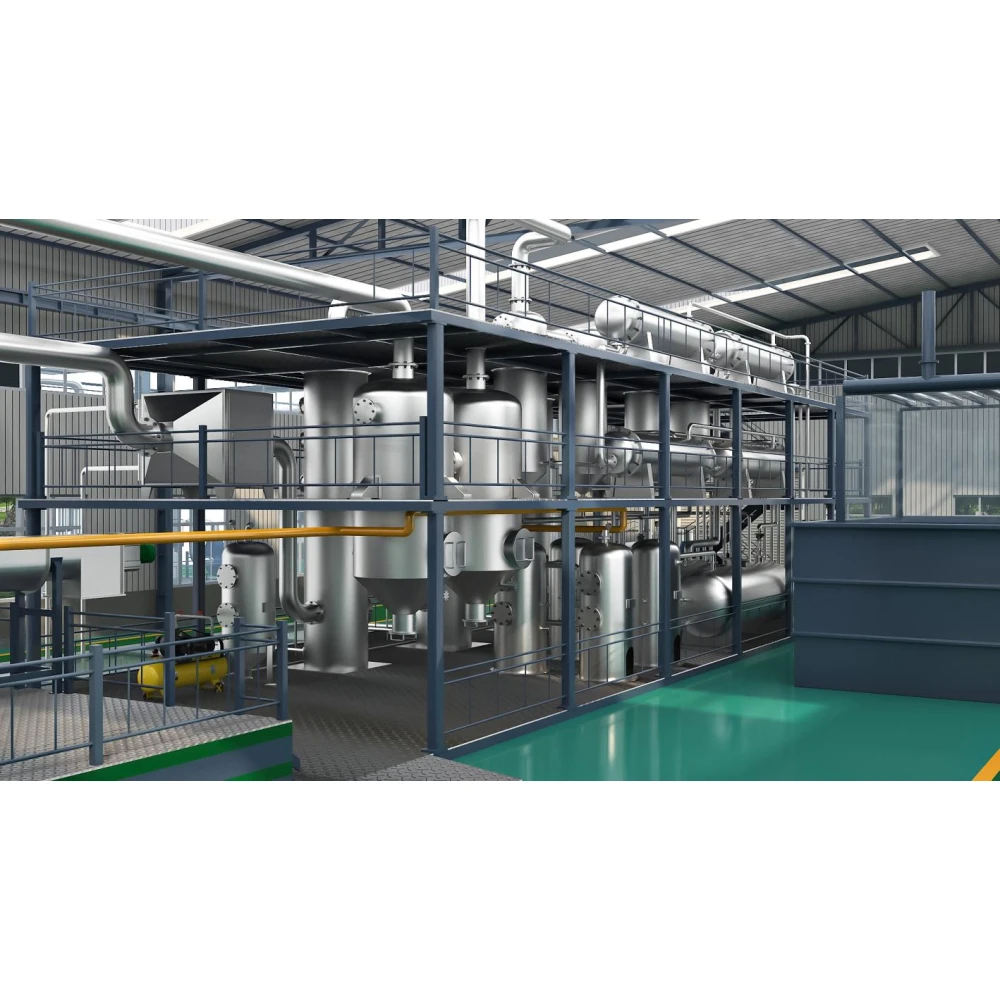
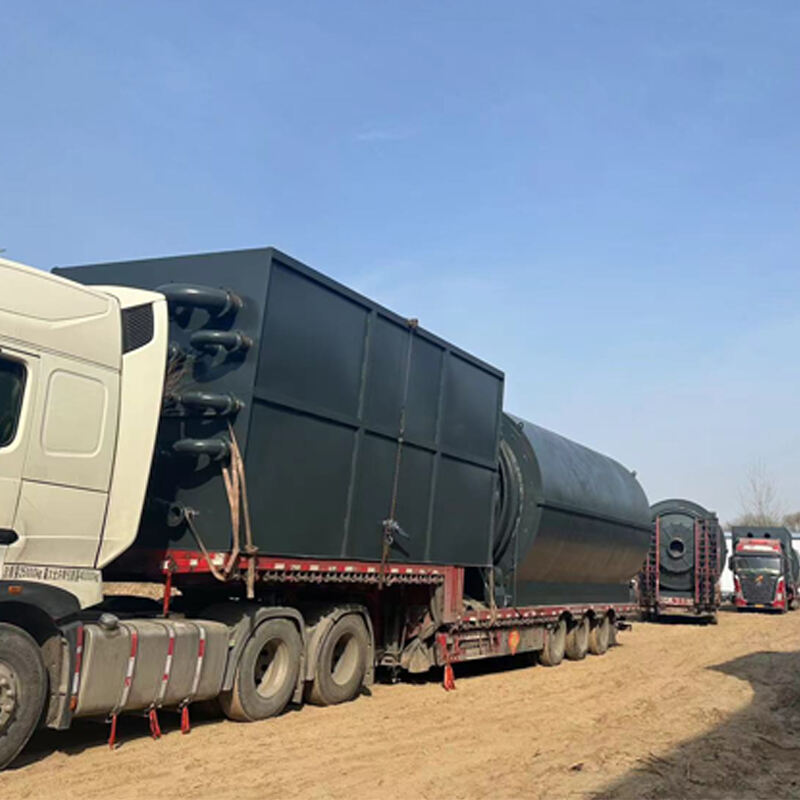
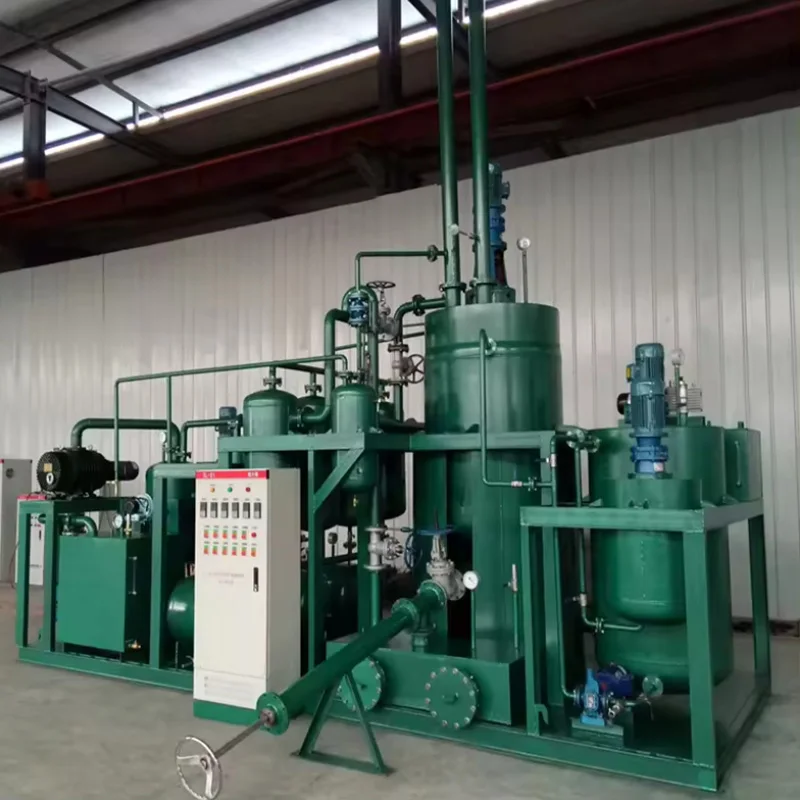
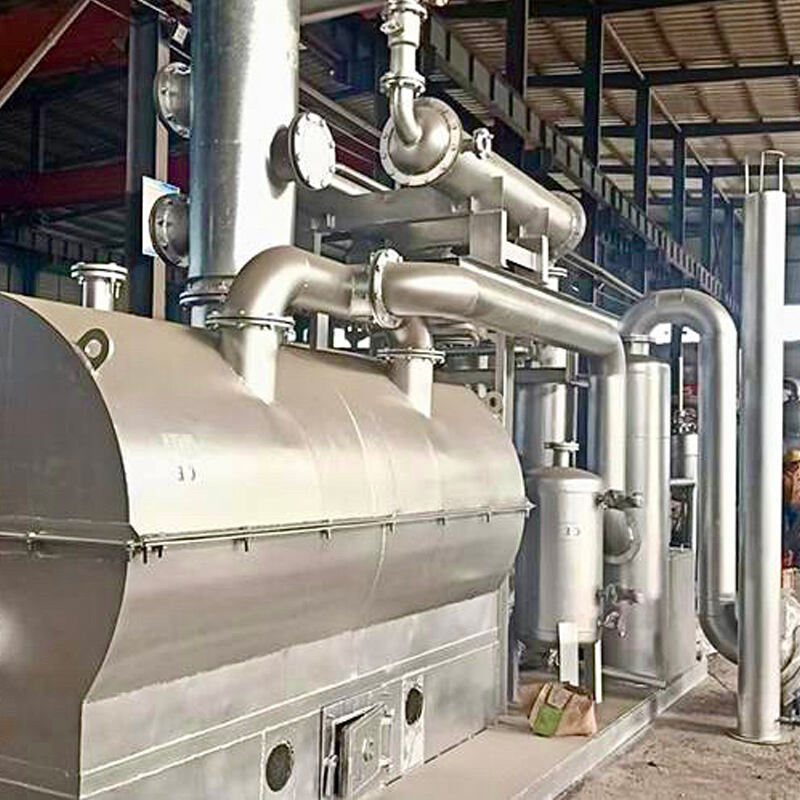
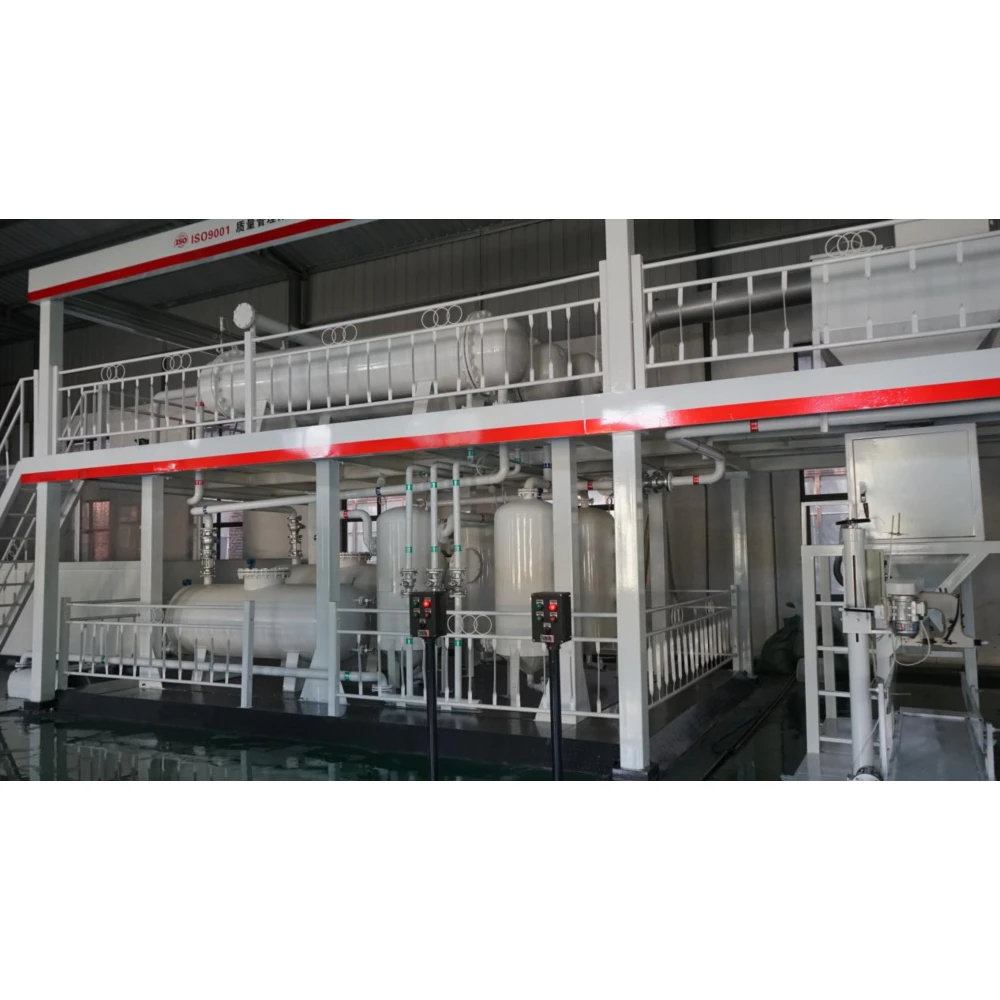
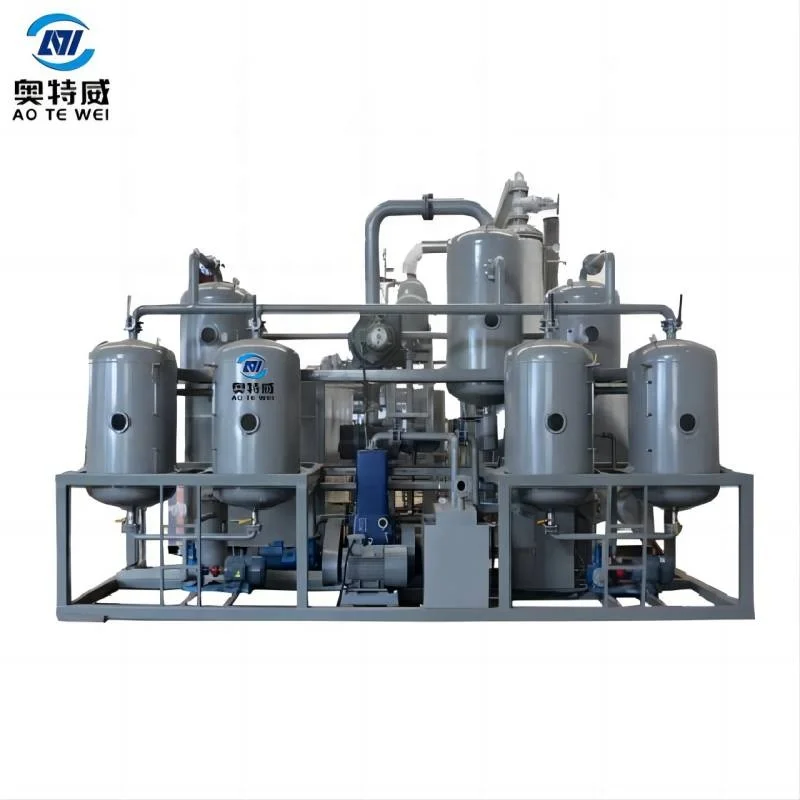
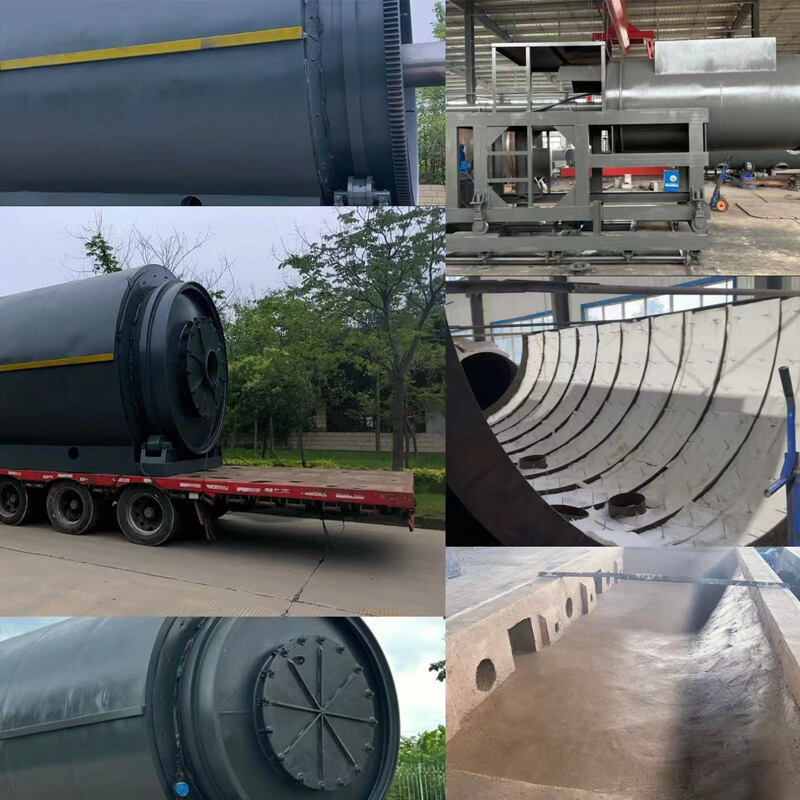

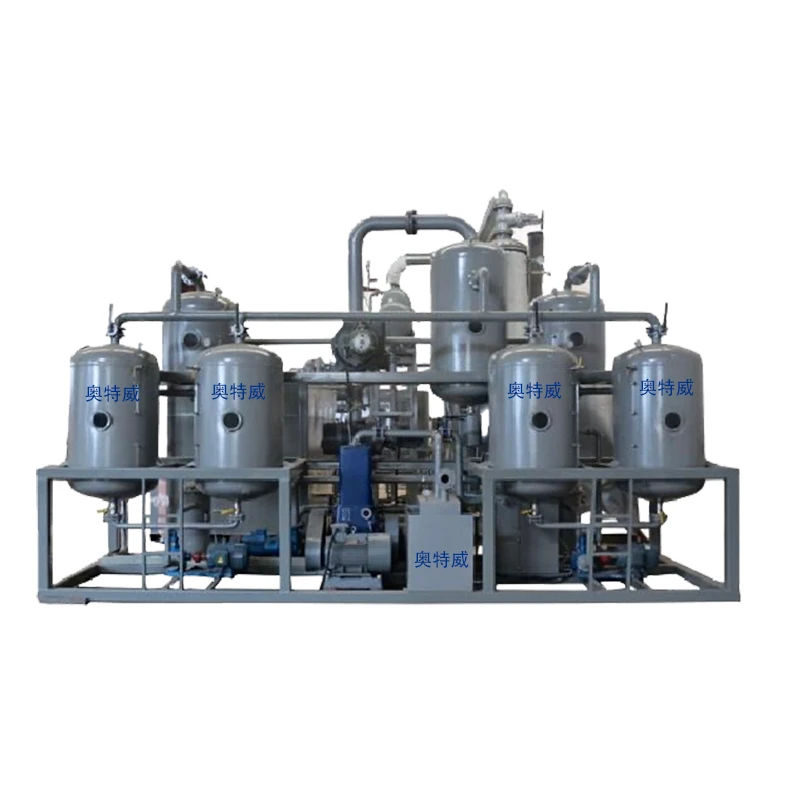
 Hot News
Hot News